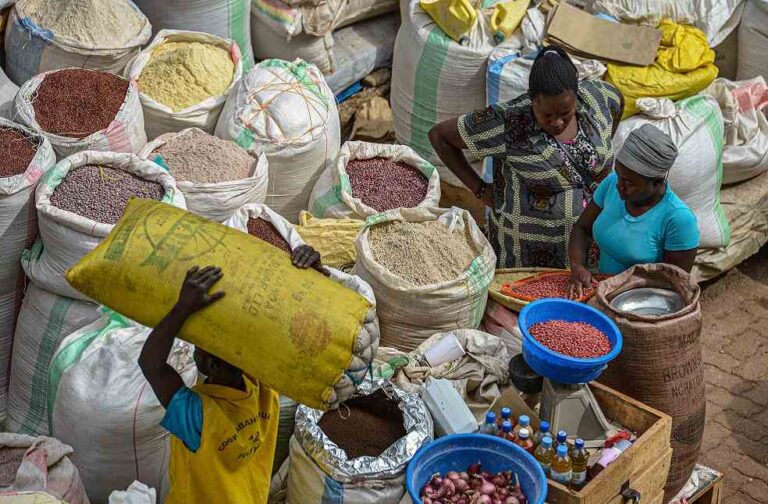Nigeria’s non-oil export market faces critical challenges that hinder its potential to drive economic diversification. A recent forum in Gumel, Jigawa State, addressed these issues by equipping exporters in the North-west region with tools and resources to navigate global markets.
Challenges and Opportunities
Stakeholders highlighted Nigeria’s potential to transform its non-oil exports into a significant source of foreign exchange. However, key challenges, including high energy costs, limited funding, and inadequate infrastructure, persist. According to the Nigerian Export Promotion Council (NEPC), non-oil export revenues fell from $4.8 billion in 2022 to $4.5 billion in 2023.
Addressing these challenges requires adding value to raw materials through local processing. Nigeria’s agricultural sector, covering livestock, fisheries, forestry, and crops, was identified as a key area for improvement. While efforts have been made to boost productivity, participants called for further action to unlock the sector’s full potential.

Recommendations
Experts suggested the following measures to enhance the non-oil export sector:
- Simplify export procedures and reduce costs.
- Promote Nigerian products in international markets through harmonised trade policies.
- Invest in transportation, logistics, and digital infrastructure.
- Offer tax benefits, export credits, and financial support to exporters.
Abdulmalik, an export expert, stressed the need for infrastructure improvements. Exporter Alhaji Yusuf Aba-Ali urged the government to extend tax incentives to support non-oil exports.
Support from Key Agencies
Experts from the Nigerian Agricultural Quarantine Service (NAQS), National Agency for Food & Drug Administration Control (NAFDAC), and Maiyamco Nigeria Limited shared insights on improving product quality and competitiveness. Their contributions inspired exporters to adopt innovative solutions.

The Nigerian Export-Import Bank (NEXIM) reiterated its commitment to supporting exporters. Bello, a NEXIM official, stated, “Let us work together to unlock new markets, create jobs, and contribute to the nation’s prosperity.”
Government Initiatives
The Nigerian government has introduced policies to support export-oriented firms, including tax incentives, export financing, and promotional programs. These measures aim to position the non-oil sector as a key driver of the economy.
The forum concluded with stakeholders committing to addressing challenges and leveraging opportunities to strengthen Nigeria’s non-oil exports.
METAL WORLD | China’s Export Policies Disrupt Global Steel and Graphite Markets



